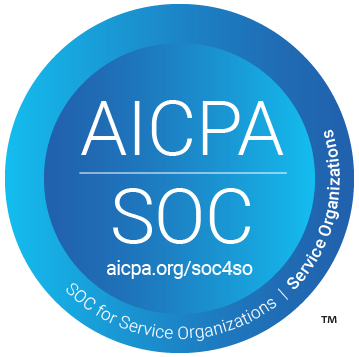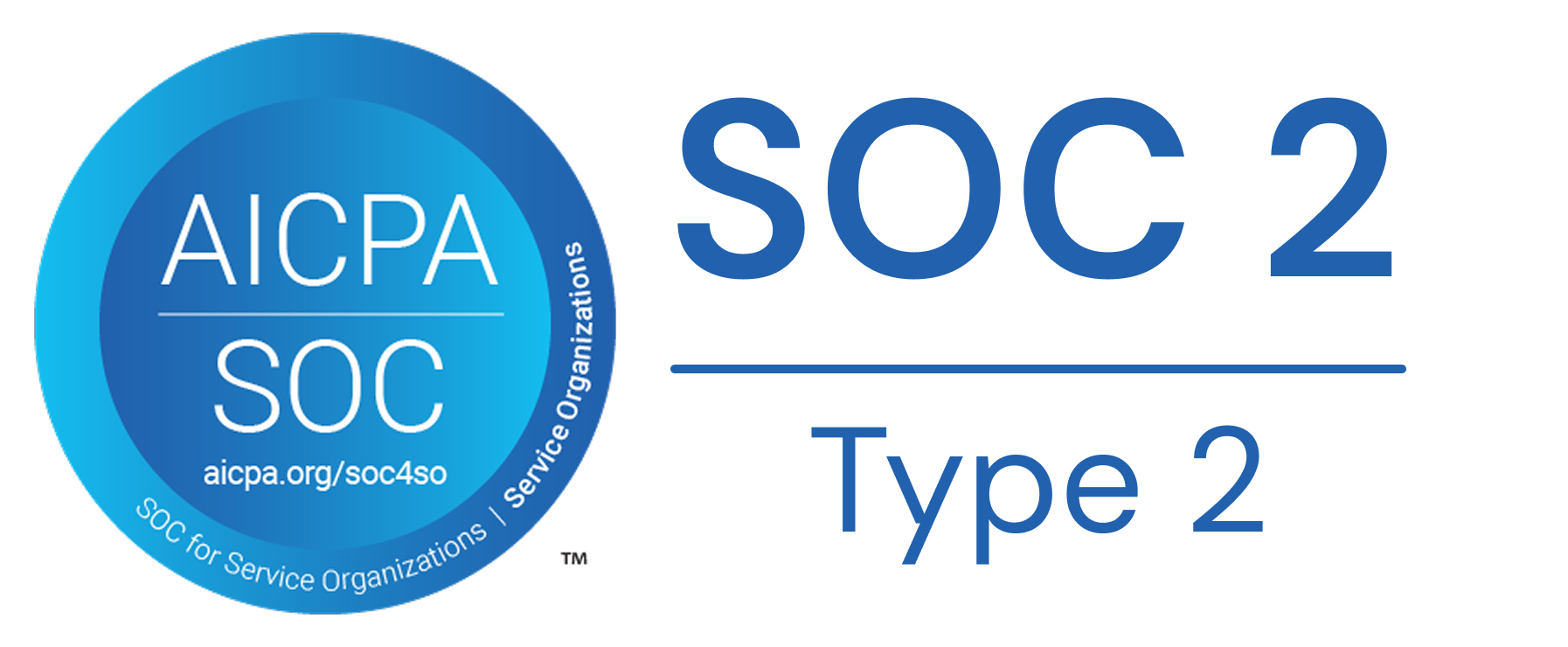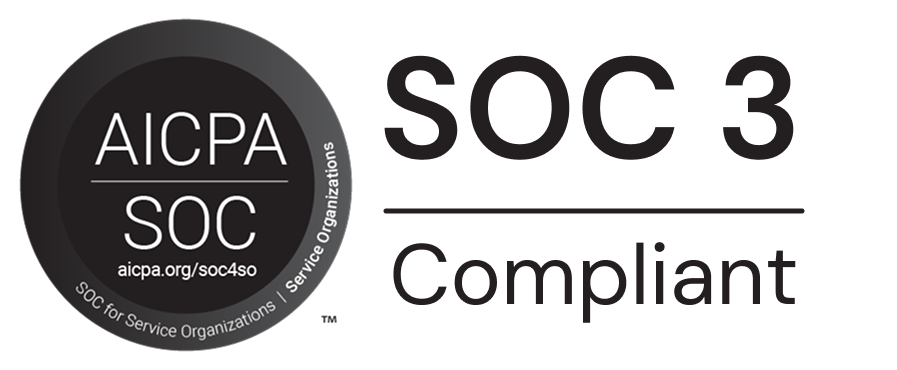In our first O-1A article, we introduced the O-1A visa and explained what it means to demonstrate "extraordinary ability" in your field. Our second piece dove deep into the criteria-based pathway, breaking down each of the eight specific criteria that most applicants use to qualify. Now, in this third installment of our O-1A series, we'll focus on the crucial next step: how to transform your achievements into a compelling petition that convinces USCIS officers you truly belong at the top of your field.
If you haven't read the first two articles in this series, we recommend starting there. They provide essential context about O-1A visa fundamentals and detailed explanations of each qualification criterion that will help you better understand the strategic guidance we'll cover here.
Understanding the criteria is one thing, but presenting your evidence strategically can make the difference between approval and denial. This guide covers the essential strategies for organizing your evidence, the documentation standards USCIS expects, and how to avoid the common pitfalls that derail otherwise strong applications.
This information is based on official USCIS guidance and regulations. As with all immigration matters, we recommend consulting with a qualified immigration attorney who can assess your specific situation and ensure compliance with current requirements.
Beyond Meeting the Minimum: The Strategic Approach
Meeting three out of eight criteria is only the starting point for your O-1A petition. USCIS will evaluate all evidence holistically to determine whether it collectively demonstrates extraordinary ability. This means your petition needs to tell a coherent story of sustained excellence and recognition at the highest levels of your field.
The most successful petitions present a compelling narrative backed by strong documentation. Every piece of evidence should reinforce the same central message: you are among the small percentage who have risen to the very top of your field, with the sustained national or international acclaim to prove it.
Essential Strategies for a Strong Petition
Organize and Cross-Reference Your Evidence
Clear organization is fundamental to a successful petition. Your evidence should be systematically mapped to the O-1A criteria, making it easy for USCIS officers to understand how each document supports your case. A well-structured petition often includes a cover letter or index that explains which exhibits correspond to which criteria.
This organizational approach serves multiple purposes. It demonstrates professionalism and attention to detail, makes the officer's review process more efficient, and ensures that strong evidence doesn't get overlooked. Remember that USCIS officers review many petitions, and clear presentation can significantly impact how your case is perceived and evaluated.
Quality consistently trumps quantity in O-1A petitions. USCIS explicitly notes that decisions depend on the quality of evidence, not simply the number of documents submitted. It's better to present fewer pieces of very strong evidence than to overwhelm the petition with marginal documentation that might actually weaken your case.
Leverage Expert Reference Letters Strategically
Strong letters of recommendation from prominent experts in your field can significantly strengthen your petition. These letters should be detailed, specific, and credible, coming from individuals who can speak authoritatively about your work and its significance to the field.
Effective reference letters include several key elements. The writer should clearly establish their own credentials and expertise, explain how they know of your work, and provide specific examples of why your achievements are important. For instance, a letter from a renowned professor explaining how your research revolutionized a particular subfield carries substantial weight for the "original contributions" criterion.
USCIS officers often find expert letters helpful for providing context, especially when backed by objective evidence. These letters offer insight into how your peers view your contributions and can help officers understand the significance of achievements that might not be immediately apparent to someone outside your field.
However, avoid generic letters filled with praise irrelevant to the adjudication of immigration petitions without supporting evidence. The most persuasive letters include concrete details with specific examples of achievements, quantifiable impact, and measurable outcomes. Effective letters make comparisons that position the individual's abilities relative to others in their field, explain the broader impact of their work on the organization or industry, and provide unique perspectives that contribute new information rather than simply repeating the same general endorsements. Each letter should back up claims with specific incidents, data, or observable results that demonstrate the person's value in measurable terms.
Ensure Documentation Authenticity and Clarity
All documentation must be clear, legible, and verifiable. USCIS officers need to be able to authenticate and understand every piece of evidence you submit. If documents like award certificates or published articles have security features such as watermarks or official seals, ensure your copies clearly show these authentication markers. Include complete contact information for letter writers, including their professional titles, organizational affiliations, phone numbers, and email addresses, enabling USCIS officers to verify authenticity if questions arise during adjudication.
For particular documents where authenticity might be questioned, consider providing notarized copies. This is especially important for foreign documents or awards that USCIS officers might not immediately recognize.
All foreign language materials require certified translations. This is essential for ensuring USCIS officers can fully evaluate your evidence. Poor or incomplete translations can lead to misunderstandings or questions about your qualifications.
Provide explanatory context where necessary. If the significance of an award, publication, or achievement might not be obvious to someone outside your field, include brief explanations that help USCIS officers understand why the evidence demonstrates extraordinary ability.
Establish Clear Relevance to U.S. Employment
Your petition must demonstrate that you will continue working in your field of expertise in the United States. This requirement ensures that the O-1A visa is used for its intended purpose: bringing individuals with extraordinary ability to work in their area of expertise.
Include detailed documentation of your planned U.S. work, such as offer letters, contracts, or project descriptions that clearly tie your extraordinary ability to specific activities. For example, if you're a technology entrepreneur with extraordinary ability in artificial intelligence, your U.S. role should clearly involve AI research, development, or leadership rather than general business activities.
USCIS officers actively look for evidence that your past achievements relate to your planned U.S. work. Make it clear that the U.S. employer or sponsor is engaging you specifically for your exceptional skills and that your role will utilize your extraordinary ability.
Demonstrate Sustained Acclaim Over Time
The "sustained" aspect of "sustained national or international acclaim" is critical to O-1A qualification. Your petition should show ongoing recognition and continued impact rather than isolated past achievements.
Present a timeline of accomplishments that demonstrates continuous excellence. This might include a progression of awards over several years, consistent publication of significant research, ongoing media coverage of your innovations, or repeated invitations to serve as a judge or speaker at major events.
If you have areas where your evidence is somewhat weaker, bolster your case by showing that your recognition in the field is growing or has been maintained over time. Rising citation counts, multiple awards, repeat speaking engagements, or increasing media attention all help demonstrate sustained acclaim.
Utilize the Advisory Opinion Strategically
O-1A petitions require an advisory opinion from an appropriate peer group, labor organization, or expert in your field, unless this requirement is specifically waived. When no recognized peer group or labor organization exists in your field, as is often the case for emerging areas like AI, tech entrepreneurship, or specialized technical disciplines, an advisory opinion letter from a recognized expert in the field fulfills this requirement. This consultation letter represents another opportunity to strengthen your case beyond the minimum regulatory requirement.
The advisory opinion should ideally endorse your extraordinary ability and describe your accomplishments using field-specific terminology that demonstrates deep understanding of your work's significance. Remember to choose your consultation source carefully. It should be a recognized authority in your field, such as a national professional association or a distinguished expert.
Ensure the consultation letter is comprehensive and supportive. The letter should complement your other evidence and provide additional validation of your extraordinary ability.
Focus on Your Strongest Evidence
Rather than trying to meet as many criteria as possible with marginal evidence, focus on presenting the strongest possible case for each criterion you can clearly satisfy. USCIS officers evaluate the substance of evidence, not simply the quantity of documents submitted.
Two outstanding pieces of evidence for a criterion typically carry more weight than ten questionable ones. Remember that meeting the minimum three criteria is just the first step, as the officer will then evaluate whether all evidence combined truly demonstrates someone operating at the pinnacle of their field.
Select evidence that adds meaningful value to your story of excellence. Each piece should serve a clear purpose in demonstrating extraordinary ability rather than simply filling space in your petition package.
Documentation Standards and Requirements
General Documentation Principles
All evidence must meet USCIS's documentation standards. This includes providing complete information for published materials (title, date, author, publication details), ensuring foreign language documents include certified translations, and maintaining clear chains of authenticity for important awards or recognitions.
Documentation should be comprehensive enough that USCIS officers can verify claims without additional research. If the significance of evidence isn't immediately apparent, provide context that helps officers understand its importance to your field.
Required Supporting Documents
Beyond evidence for the eight criteria, ensure your petition includes all required supporting documentation. This includes the advisory opinion discussed above, detailed descriptions of your planned U.S. work, and contracts or agreements that establish the terms of your U.S. employment.
Missing required documentation can lead to delays, requests for additional evidence, or even denial regardless of how strong your qualifications might be. Review USCIS requirements carefully and ensure every mandatory element is included in your initial filing.
While the O-1A standard is demanding, it's designed to recognize individuals who have genuinely achieved extraordinary things in their fields.
At Casium, we understand that having substantive accomplishments is only part of the equation; presenting them strategically makes all the difference. Our legal experts meticulously analyze and evaluate your professional profile, working to craft a petition that clearly demonstrates your extraordinary ability through proper organization, expert validation, and comprehensive documentation. We've helped founders, researchers, engineers, and more secure their O-1A visas, often completing and filing their petitions within days of starting the process. This efficiency helps our clients avoid unnecessary stress while ensuring their applications meet the highest standards from submission.
Ready to start your O-1A journey with confidence? Connect with our team today for a free profile evaluation, today!




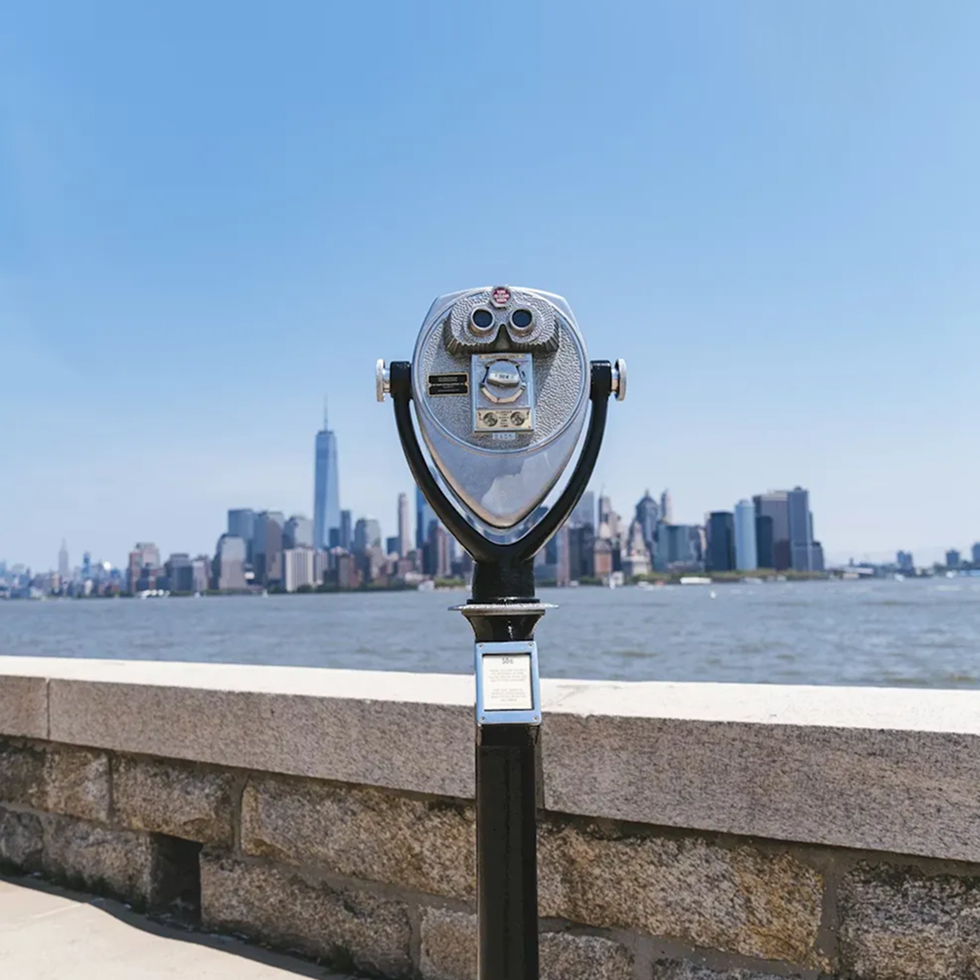





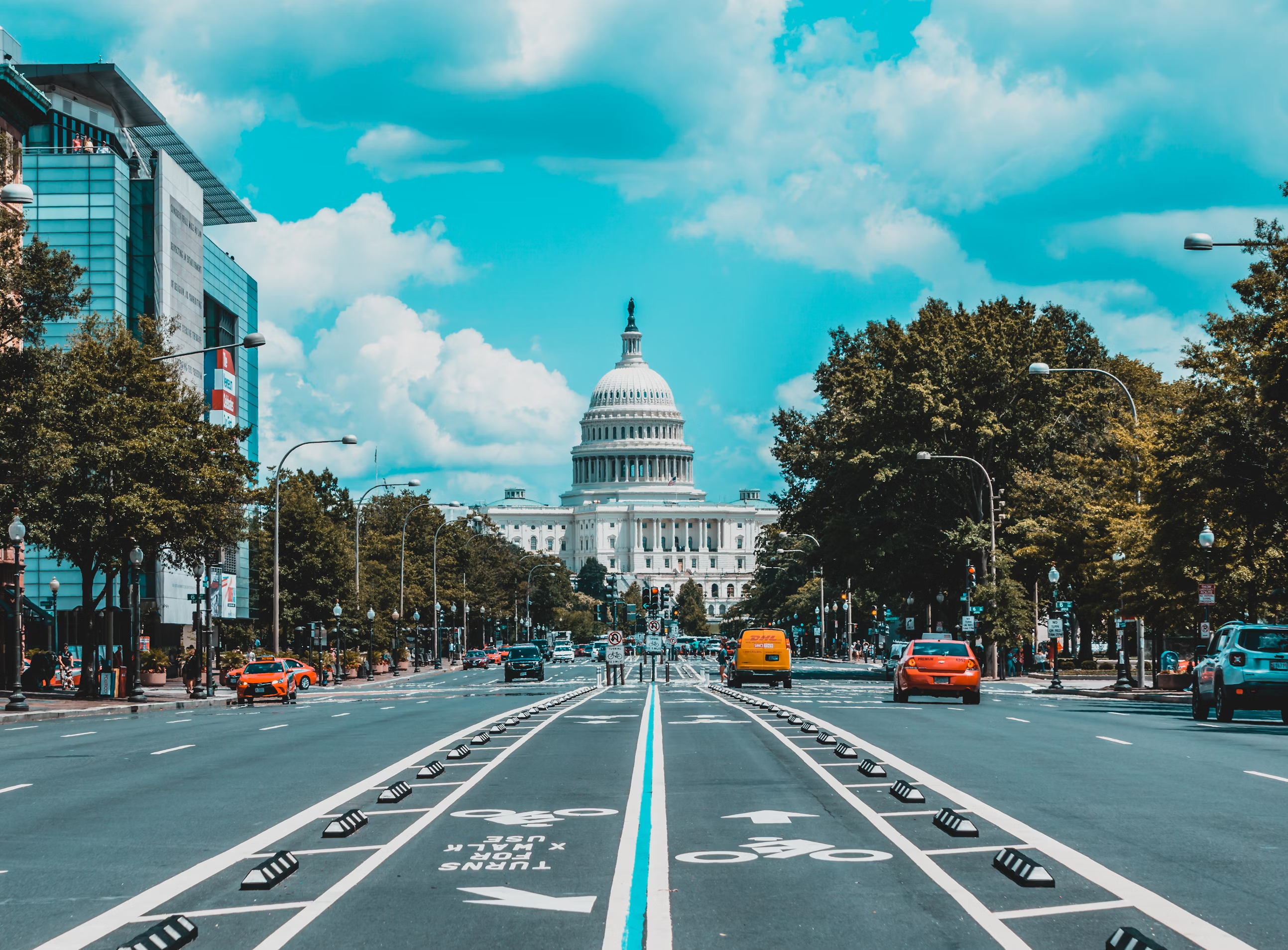


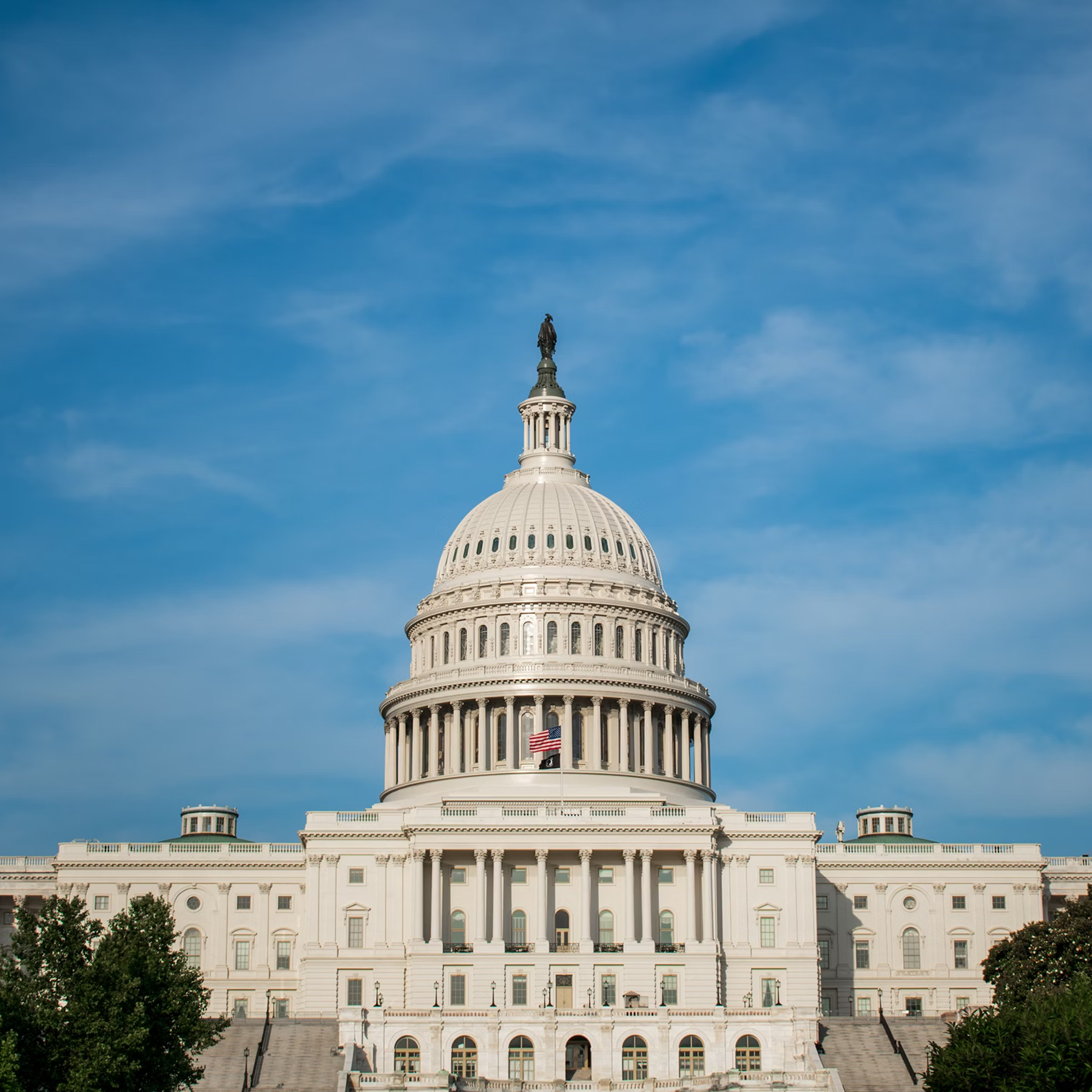


















.svg)
.svg)
.svg)





